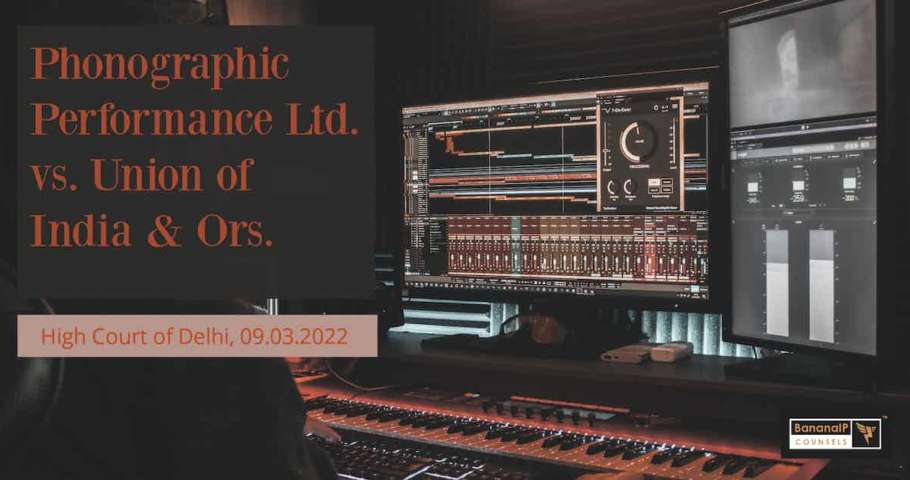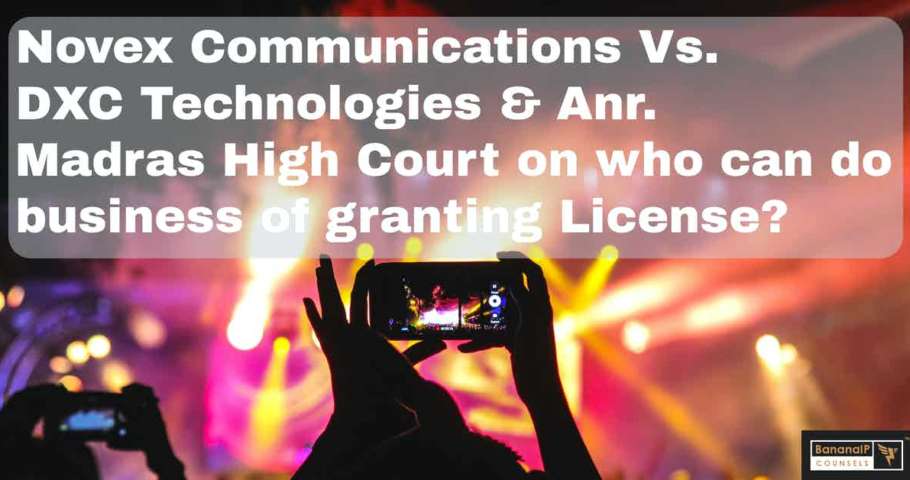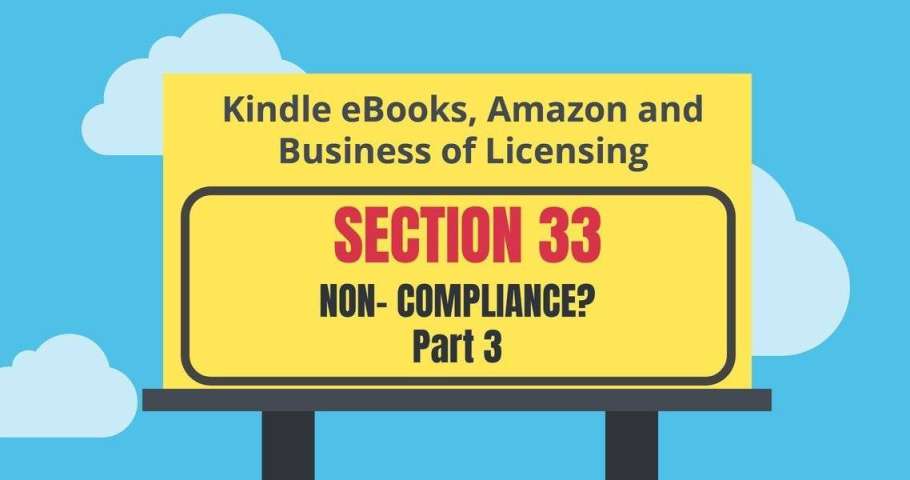Facts:
The Petitioner, Phonographic Performance Ltd., a company registered under the Companies Act, 1956, was a registered copyright society. It had assigned the copyright in various sound recordings for communication to the public in the area of public performance and broadcast, through which it owned/controlled the public performance rights of more than 350 music companies with 3 million international and domestic sound recordings. It provided a single window for various parties seeking a license for authorised use of sound recordings.…




